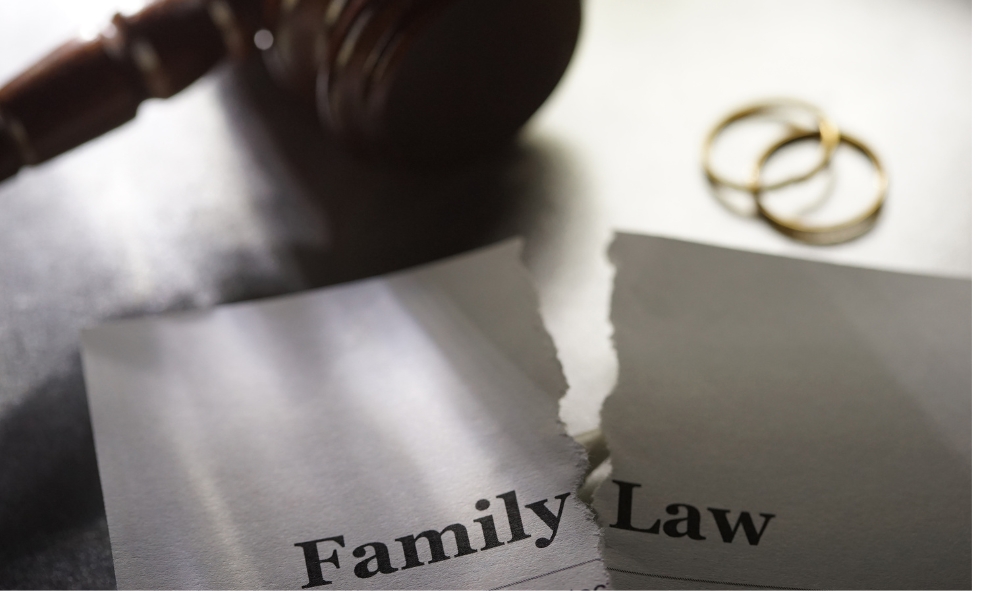
07 Oct Commencing or responding to proceedings in the Family Courts of Australia
Proceedings are commenced by filing an Initiating Application. The necessary pre-action procedures, full and frank disclosure, must have already been completed.
Initiating application
File the following documents with an Initiating Application in financial proceedings:
1. a Genuine Steps Certificate that certifies the applicant has complied with the pre-action procedures and made a genuine attempt to resolve the dispute;
2. a financial statement;
3. the Financial Questionnaire;
4. a copy of any family violence order affecting the child or a member of the child’s family under rule 2.10;
5. an affidavit in support if seeking interlocutory orders.
Each party must file an Undertaking as to Disclosure before the first court date unless the court orders otherwise. This undertaking includes a statement that the party has read Parts 6.1 and 6.2 of the Rules. The form and a copy of Parts 6.1 and 6.2 of the Family Law Rules 2021 are on the matter plan.
Parties need to comply with the pre-action procedures, including disclosure, before issuing proceedings. If they sign the undertaking as to disclosure at the same time as filing the application or response, they have complied with their obligations. An issue may arise if further disclosure is requested in the intervening period but not provided.
Affidavits
Affidavits must be in admissible form and deal only with relevant matters. They need to address the criteria in s 79(4) and s 75(2) of the Family Law Act 1975: s 90SM(4) for married couples and s 90SF for de facto couples. Good affidavits provide the court with all material required to make its determination as briefly and concisely as possible.
Part 5.1 of the Family Law Rules 2021 provides directions for affidavits in interim matters. They cannot have more than 25 pages, or ten annexures, without leave of the Court. Non-compliance may result in the court not reading an affidavit or asking the party to identify which 25 pages the court should read.
Documents filed less than 48 hours before the hearing, electronically or otherwise, cannot be relied upon without the leave of the Court. If seeking to rely on a late document, you will need to tender (seek to hand up) a copy of it at the commencement of the hearing.
Documents used in conjunction with affidavits
A document to be used in conjunction with an affidavit and tendered in evidence must be identified in the affidavit and filed as an annexure or an exhibit under rule 8.15. There be exceptions where court orders or the rules provide otherwise, for example, concerning expert reports.
Any document referred to in the affidavit must be served with the affidavit on the other parties after filing. It is then tendered in evidence when the relevant affidavit is relied upon, or as required.
Response
If you are the person served with proceedings (the respondent) and you wish to consent to or oppose the applicant’s orders or seeking alternate orders, you still need to file a Response to Initiating Application before the first hearing..
In addition you need to file the following documents with the Response to Initiating Application:
1. an affidavit if you seek to oppose the applicant’s interlocutory (interim/urgent) orders or seek your own;
2. a Genuine Steps Certificate that certifies that you have complied with the pre-action procedures and made a genuine attempt to resolve the dispute;
3. a Financial Statement; and
4. a Financial Questionnaire.
If you do not wish to challenge the proceedings in any way and want the same orders that the applicant is seeking, you can file a Submitting Notice. This also applies to you if you have been served with a Response or Reply and are happy for the orders sought in those documents to be made into orders and have no challenge.
If you need help with your court documents contact Rigoli Lawyers which is a family law specialist firm. First half hour consult by phone is free of charge.
Where do I stand?
Book a call to talk to a lawyer.
